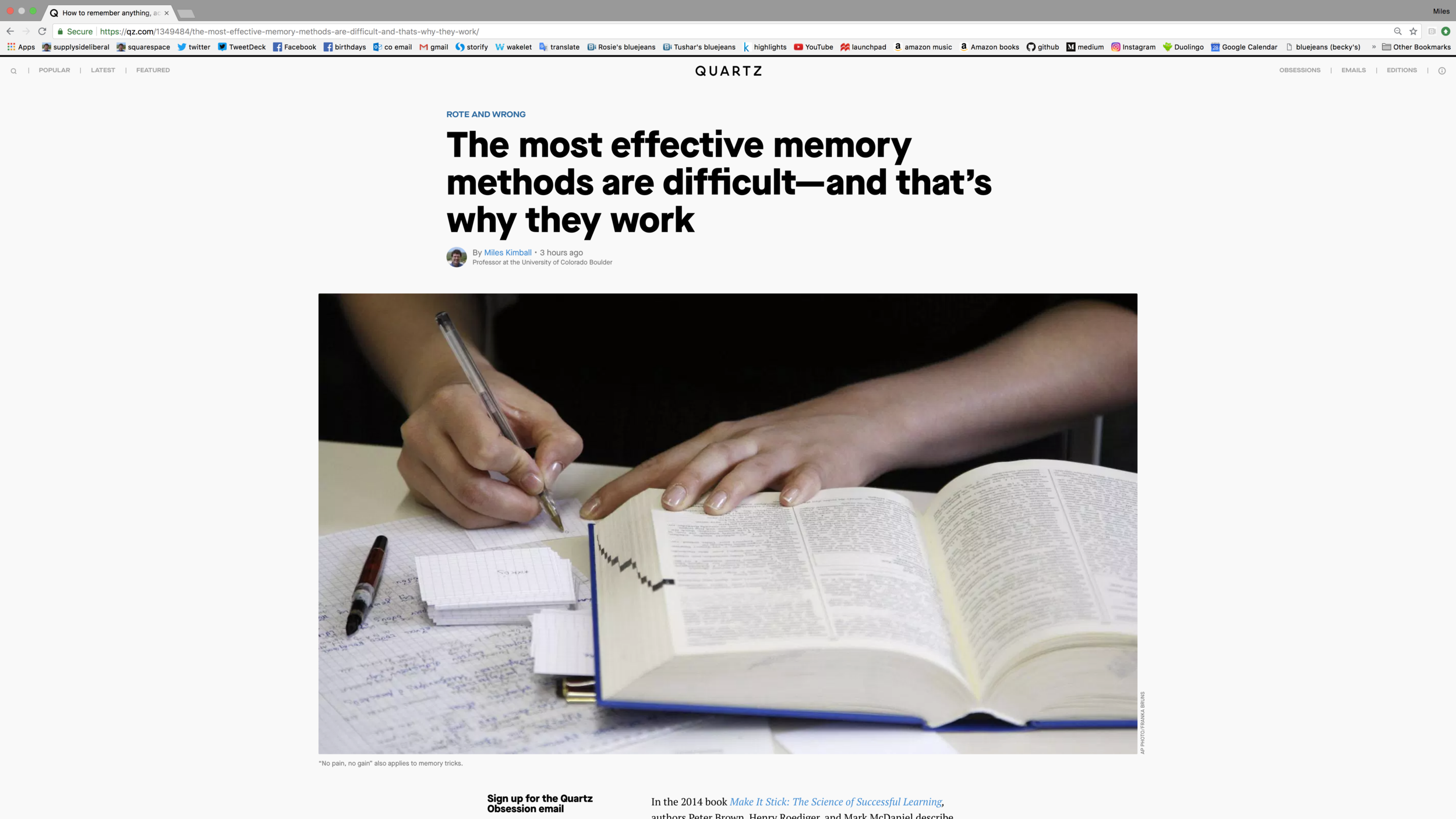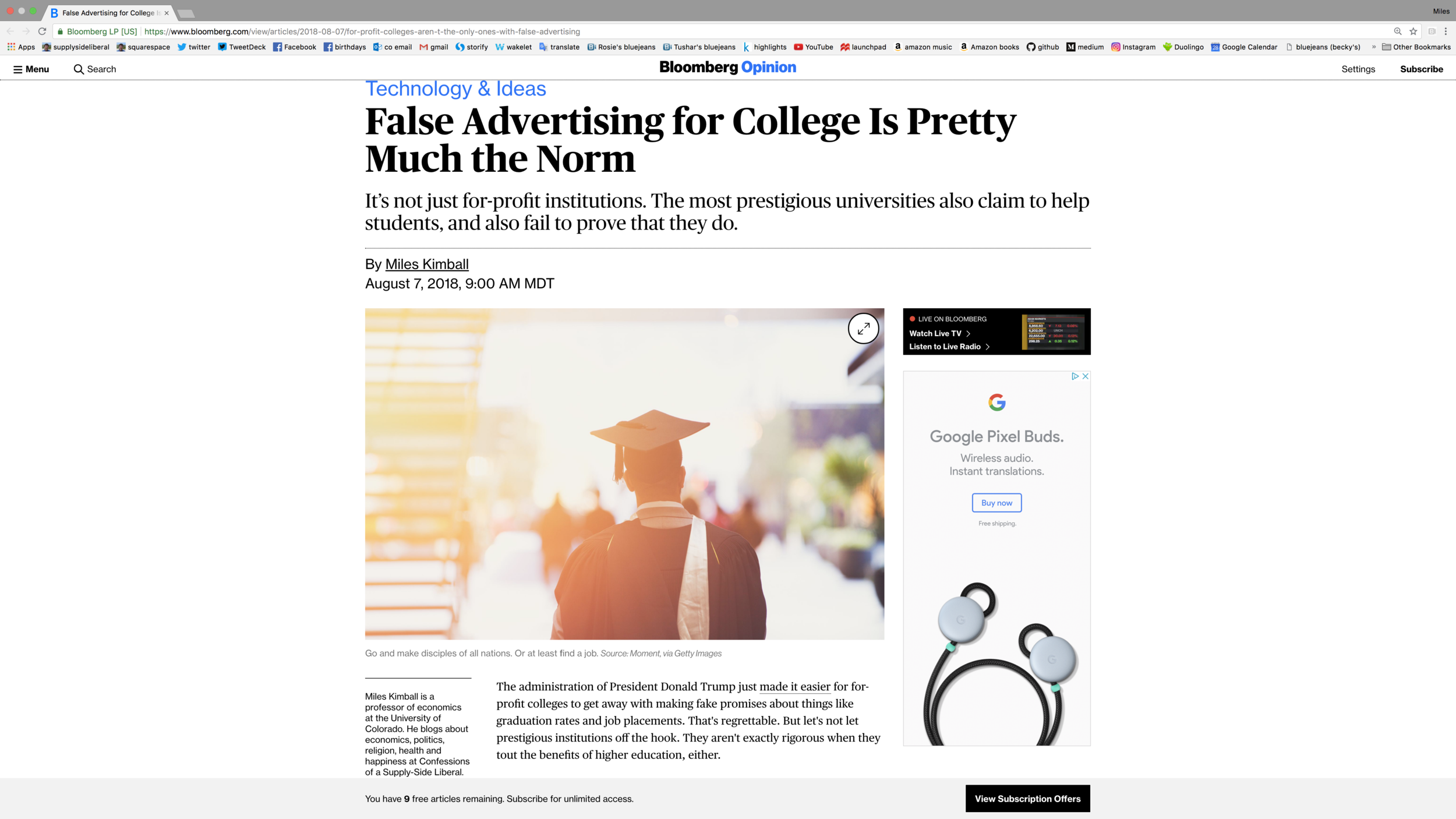In arguing for the historicity of social contracts, John Locke makes two interesting arguments in Sections 100-104 of his 2d Treatise on Government: “Of Civil Government” (in Chapter VIII, "Of the Beginning of Political Societies"). He argues:
- the state of nature is so unattractive that the transition to some form of government would have occurred quite early on.
- government is likely to come before writing, so one should not expect a lot of written history on the formation of governments from the state of nature.
The second argument especially, is a very interesting argument for the selectivity of records. He is entertaining in putting it this way:
... we may as well suppose the armies of Salmanasser or Xerxes were never children, because we hear little of them, till they were men, and imbodied in armies.
After making these arguments for why the deck is stacked against him if he is asked to provide positive historical evidence of the formation of a social contract, John Locke then adduces several cases where he argues a social contract was formed within the span of recorded history to try to prove his point:
§. 100. To [the idea of the formation of a government by mutual consent] I find two objections made.
First, That there are no instances to be found in story, of a company of men independent, and equal one amongst another, that met together, and in this way began and set up a government.
Secondly, It is impossible of right, that men should do so, because all men being born under government, they are to submit to that, and are not at liberty to begin a new one.
§. 101. To the first there is this to answer, That it is not at all to be wondered, that history gives us but a very little account of men, that lived together in the state of nature.The inconveniences of that condition, and the love and want of society, no sooner brought any number of them together, but they presently united and incorporated, if they designed to continue together. And if we may not suppose men ever to have been in the state of nature, because we hear not much of them in such a state, we may as well suppose the armies of Salmanasser or Xerxes were never children, because we hear little of them, till they were men, and imbodied in armies. Government is every where antecedent to records, and letters seldom come in amongst a people, till a long continuation of civil society has, by other more necessary arts, provided for their safety, ease, and plenty: and then they begin to look after the history of their founders, and search into their original, when they have outlived the memory of it: for it is with commonwealths as with particular persons, they are commonly ignorant of their own births and infancies: and if they know any thing of their original, they are beholden for it, to the accidental records that others have kept of it. And those that we have, of the beginning of any polities in the world, excepting that of the Jews, where God himself immediately interposed, and which favours not at all paternal dominion, are all either plain instances of such a beginning as I have mentioned, or at least have manifest footsteps of it.
§. 102. He must shew a strange inclination to deny evident matter of fact, when it agrees not with his hypothesis, who will not allow, that the beginning of Rome and Venice were by the uniting together of several men free and independent one of another, amongst whom there was no natural superiority or subjection. And if Josephus Acosta’s word may be taken, he tells us, that in many parts of America there was no government at all. “There are great and apparent conjectures,” says he, “that these men,” speaking of those of Peru, “for a long time had neither kings nor commonwealths, but lived in troops, as they do to this day in Florida, the Cheriquanas, those of Brazil, and many other nations, which have no certain kings, but as occasion is offered, in peace or war, they choose their captains as they please,” l. i. c. 25. If it be said, that every man there was born subject to his father, or the head of his family; that the subjection due from a child to a father took not away his freedom of uniting into what political society he thought fit, has been already proved. But be that as it will, these men, it is evident, were actually free; and whatever superiority some politicians now would place in any of them, they themselves claimed it not, but by consent were all equal, till by the same consent they set rulers over themselves. So that their politic societies all began from a voluntary union, and the mutual agreement of men freely acting in the choice of their governors, and forms of government.
§. 103. And I hope those who went away from Sparta with Palantus, mentioned by Justin, l. iii. c. 4. will be allowed to have been freemen independent one of another, and to have set up a government over themselves, by their own consent. Thus I have given several examples out of history, of people free and in the state of nature, that being met together incorporated and began a commonwealth. And if the want of such instances be an argument to prove that government were not, nor could not be so begun, I suppose the contenders for paternal empire were better to let it alone, than urge it against natural liberty: for if they can give so many instances, out of history, of governments begun upon paternal right, I think (though at best an argument from what has been, to what should of right be, has no great force) one might, without any great danger, yield them the cause. But if I might advise them in the case, they would do well not to search too much into the original of governments, as they have begun de facto, lest they should find, at the foundation of most of them, something very little favourable to the design they promote, and such a power as they contend for.
§. 104. But to conclude, reason being plain on our side, that men are naturally free, and the examples of history shewing, that the governments of the world, that were begun in peace, had their beginning laid on that foundation, and were made by the consent of the people; there can be little room for doubt, either where the right is, or what has been the opinion, or practice of mankind, about the first erecting of governments.
To John Locke's most direct examples of the formation of a social contract above, a key objection is that the individuals involved were already used to the idea of a government, so what was happening would be unlike the earliest formations of governments. John Locke implicitly addresses this objection with a more plausible story of how government by the consent of the governed could arise when either (a) multiple families decided to combine into a larger tribe or (b) a dispute arose within a family about whether a particular individual was fit to rule:
§. 105. I will not deny, that if we look back as far as history will direct us, towards the original of commonwealths, we shall generally find them under the government and administration of one man. And I am also apt to believe, that where a family was numerous enough to subsist by itself, and continued entire together, without mixing with others, as it often happens, where there is much land, and few people, the government commonly began in the father: for the father having, by the law of nature, the same power with every man else to punish, as he thought fit, any offences against that law, might thereby punish his transgressing children, even when they were men, and out of their pupilage; and they were very likely to submit to his punishment, and all join with him against the offender, in their turns, giving him thereby power to execute his sentence against any transgression, and so in effect make him the law-maker, and governor over all that remained in conjunction with his family. He was fittest to be trusted; paternal affection secured their property and interest under his care; and the custom of obeying him, in their childhood, made it easier to submit to him, rather than to any other. If therefore they must have one to rule them, as government is hardly to be avoided amongst men that live together; who so likely to be the man as he that was their common father; unless negligence, cruelty, or any other defect of mind or body made him unfit for it? But when either the father died, and left his next heir, for want of age, wisdom, courage, or any other qualities, less fit to rule; or where several families met, and consented to continue together; there, it is not to be doubted, but they used their natural freedom, to set up him, whom they judged the ablest, and most likely, to rule well over them. Conformable hereunto we find the people of America, who (living out of the reach of the conquering swords, and spreading domination of the two great empires of Peru and Mexico) enjoyed their own natural freedom, though, cæteris paribus, they commonly prefer the heir of their deceased king; yet if they find him any way weak, or incapable, they pass him by, and set up the stoutest and bravest man for their ruler.
§. 106. Thus, though looking back as far as records give us any account of peopling the world, and the history of nations, we commonly find the government to be in one hand; yet it destroys not that which I affirm, viz. that the beginning of politic society depends upon the consent of the individuals, to join into, and make one society; who, when they are thus incorporated, might set up what form of government they thought fit. But this having given occasion to men to mistake, and think, that by nature government was monarchical, and belonged to the father, it may not be amiss here to consider, why people in the beginning generally pitched upon this form, which though perhaps the father’s pre-eminency might, in the first institution of some commonwealths, give a rise to, and place in the beginning, the power in one hand; yet it is plain that the reason, that continued the form of government in a single person, was not any regard, or respect to paternal authority; since all petty monarchies, that is, almost all monarchies, near their original, have been commonly, at least upon occasion, elective.
Centuries of historical research put modern scholars in a somewhat better position to study the beginnings of government. But John Locke was remarkably insightful given the historical information he had to work with.
For links to other John Locke posts, see these John Locke aggregator posts:












